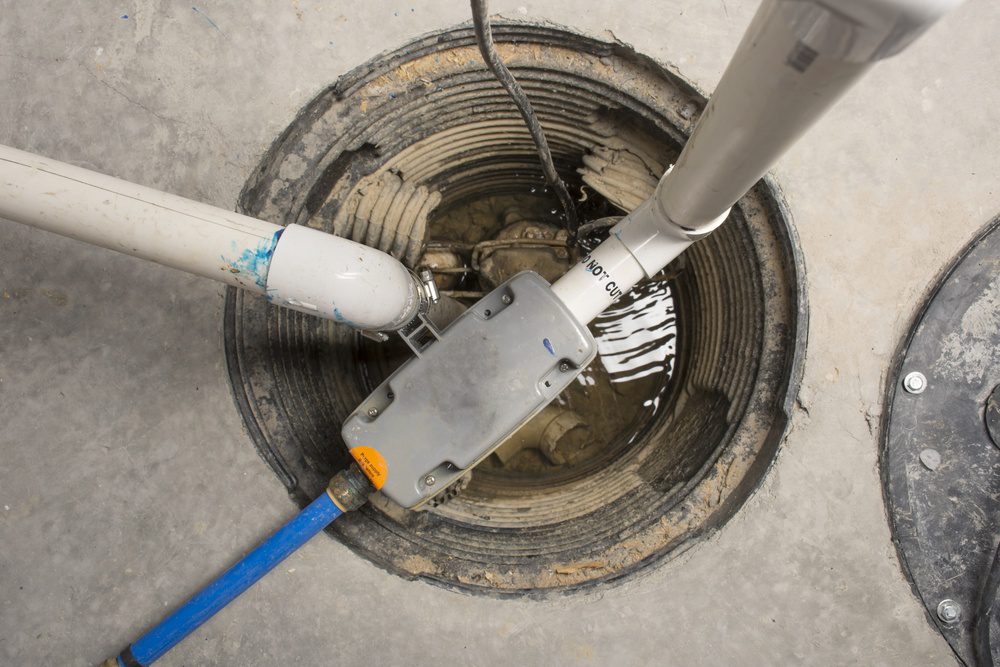Recognizing the Secret Elements of Effective Water Filtration Equipments

Importance of Water Filtration Systems
Water purification systems play an important function in making certain accessibility to tidy and risk-free drinking water by effectively getting rid of impurities and pollutants. These systems are important in resolving the expanding concerns over water quality and the potential health dangers connected with taking in polluted water. By making use of numerous filtering mechanisms such as reverse osmosis, activated carbon, and UV sanitation, water filtration systems can efficiently remove harmful compounds like microorganisms, viruses, hefty steels, and chemicals from the water supply.
Furthermore, water filtering systems assist to improve the taste and smell of water by getting rid of chlorine, debris, and other pollutants that can impact its high quality. Water Treatment. This enhancement in water high quality not just makes it much more tasty but also encourages people to drink an ample amount of water daily, promoting better hydration and overall health
Kinds of Filtering Components

Physical filters are designed to literally stress out pollutants from the water. These filters can be constructed from products like ceramic, carbon, or perhaps sand, and they work by capturing bits bigger than the filter's pores as water passes with.
Chemical filters use numerous chemical procedures to eliminate impurities from the water. Instances consist of turned on carbon filters, which adsorb impurities, and reverse osmosis membranes, which use pressure to different contaminants from the water.
Organic filters make use of living organisms like algae or bacteria to break down raw material and toxins in the water. These filters are usually used in wastewater treatment plants or all-natural water filtration systems.
Recognizing the different kinds of purification components is vital for choosing the most suitable water purification system for certain purification demands.
Function of Debris Filters
Debris filters play a crucial role in water filtration systems by effectively recording strong particles put on hold in the water. These filters are usually the first line of defense in a filtering system, removing bigger bits such as sand, silt, dust, and corrosion before the water relocates via finer filtering phases. By capturing these sediments, the filters stop them from getting to downstream elements, thus expanding the life expectancy and efficiency of the whole system.
The function of debris filters is crucial in preserving water top quality and securing sensitive devices from damages triggered by debris. Additionally, by getting rid of visible bits, debris filters boost the quality and preference of the water. Routinely cleaning or replacing sediment filters is essential to ensure optimal performance. Disregarding this maintenance can bring about blocking, decreased water circulation, and endangered filtration efficiency. Generally, sediment filters are crucial parts that add considerably to Source the performance of water filtration systems.
Function of Triggered Carbon Filters
Playing a crucial duty in water filtration systems, turned on carbon filters are instrumental in getting rid of contaminations and pollutants from the water supply. As water passes with the filter, the activated discover here carbon holds and brings in onto the pollutants, ensuring that the water that comes out on the various other side is cleaner and safer for intake.
Triggered carbon filters are highly reliable at improving the preference and odor of water by minimizing chemicals that can impact its top quality. They are likewise efficient in eliminating particular heavy steels like lead and mercury. In addition, these filters can assist prevent the accumulation of microorganisms and algae in water, further improving its total top quality. Due to their adaptability and reliability, triggered carbon filters are a key element in making certain that water is purified to the greatest criteria prior to getting to consumers.
Recognizing Reverse Osmosis Systems
Reverse osmosis systems are innovative water filtration systems that employ an advanced procedure to get rid of contaminants and pollutants from drinking water. These systems function by using stress to the water, compeling it through a semi-permeable membrane.
One secret benefit of reverse osmosis systems is their capability to get rid of a vast array of contaminants, including heavy metals, dissolved germs, solids, and infections. This makes them extremely efficient in enhancing the general high quality and security of drinking water. Furthermore, reverse osmosis systems are fairly low-maintenance and can be set up under the sink or in a central filtration system, providing convenient accessibility to tidy water throughout the house. On the whole, recognizing exactly how reverse osmosis systems work can help individuals make educated choices concerning their water filtering requirements.
Final Thought
In verdict, efficient water purification systems are vital for ensuring tidy and safe drinking water. By recognizing the function and duty of each component, individuals can make enlightened decisions when choosing a water filtration system.
Water filtering systems play a crucial function in ensuring access to tidy and secure alcohol consumption water by efficiently eliminating contaminants and pollutants. By utilizing different purification mechanisms such as reverse osmosis, triggered carbon, and UV sanitation, water purification systems can efficiently eliminate dangerous materials like bacteria, viruses, heavy steels, and chemicals from the water supply.
Debris filters play a crucial role in water purification systems by effectively catching solid bits put on hold in the water (Water Treatment).Playing a crucial role in water filtration systems, her explanation activated carbon filters are important in eliminating pollutants and contaminants from the water supply.Reverse osmosis systems are sophisticated water filtering systems that utilize an advanced process to eliminate pollutants and impurities from drinking water